Welcome everyone to the second installment of our monthly Japanese Learning Resources series! Every month we bring you the best new Japanese resources to help you learn, practice, and improve your Japanese skills. This could be anything from apps to websites to books to games.
February was chock full of new content so we sifted through all the junk to present the five best, including a Chrome extension, hardcover book, Gear VR game, website, and iOS app. Scroll on through, do some exploring, and have fun.
Rikaigu
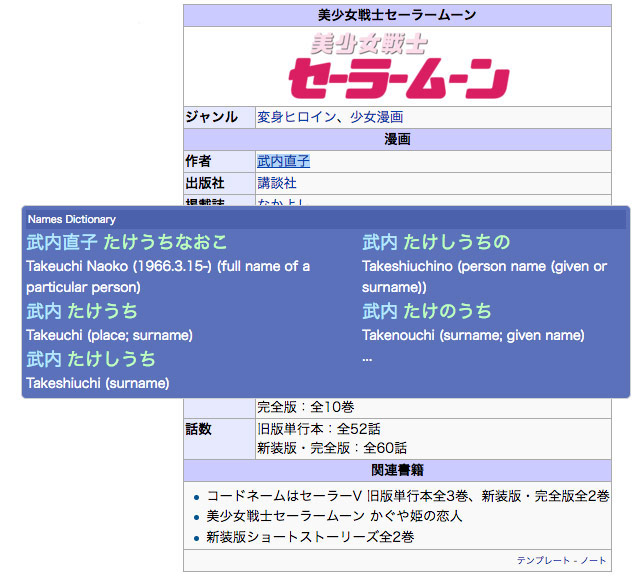
It’s no secret that the Rikaichan and Rikaikun extensions for Firefox and Google Chrome respectively, have improved the lives of countless Japanese learners on the Internet. Turn it on, hover over words or kanji you don’t know, and that beautiful, blue popup appears with English definitions, parts of speech, and kana pronunciations. I’m sure most of you use one of these extensions every day.
Well, step back Rikaichan/kun, there’s a new kid in town and their name is Rikaigu. Rikaigu is one step above Rikaikun. It has the same basic functionality, but improved content and features. It understands more complicated phrases, is better at parsing, and knows more place and human names. You are able to choose your default dictionary (don’t want vocabulary, just kanji? No problem!). It also includes possible shorthand and slang versions of different words in gray, something Rikaikun sorely needed. There is even a "Scratchpad," which is basically a tab in which you can copy and paste Japanese text so that you can use the extension without dealing with a website trying to block it.
Whether you’ve used one of these Rikai extensions before or not, Rikaigu is a great addition to Chrome. It makes looking up words, kanji, grammar, and place names a breeze and keeps you from having to constantly keep jisho.org open in another tab all day long.
Legends of Localization Book 2: Earthbound
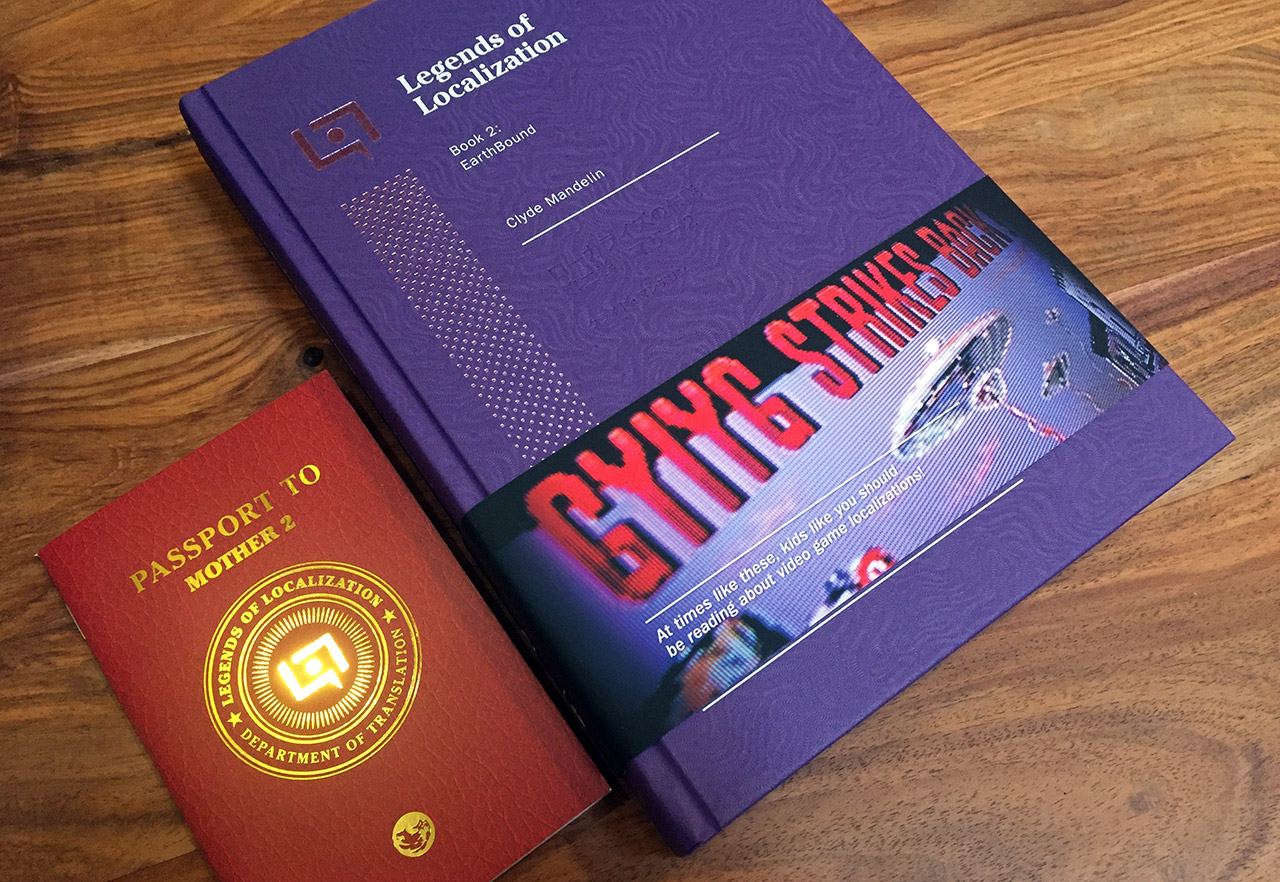
Legends of Localization, by Clyde Mandelin is a website we’ve been fans of for years here at Tofugu. Last year Clyde published his first book, Legends of Localization Book 1: The Legend of Zelda (and we loved it) and now, Book 2: Earthbound, is finally out.
Legends of Localization offers an in-depth comparison of the original Japanese text of the Japanese SNES game Mother 2 and the English version, called Earthbound. The author explores just about every localization difference and decision made by the translators. He breaks down and explains the original language and uses the game to help teach you some Japanese on the way. If you don't mind spending a few extra dollars you also get the Passport to Mother 2 which contains beginners guide to Japanese, as well as all of the important terms used throughout the game. If you've always wanted to play through Mother 2, but could never find the confidence in your Japanese to do so, this is literally a guidebook through that process.
The author explores just about every localization difference and decision made by the translators.
The book itself contains over 400 pages of side-by-side shots of both games showing not only the reasons behind text changes, but color and even sprite changes. Every single reference is given context, from the Runaway Five band being a tribute (or rip off?) of the Blues Brothers to the purple paint cult harking back to the Aum Shinrikyo and Happy Science cults that gained notoriety the 1990s. There are so many parts of that game you may have seen as a kid as "something kinda weird" that you'll find out is actually something from Japanese culture. Don't feel bad, there was no way your little kid brain would know about this stuff. But your adult, Japanese-learning brain is hungry. Feed it with this book.
Taptaro
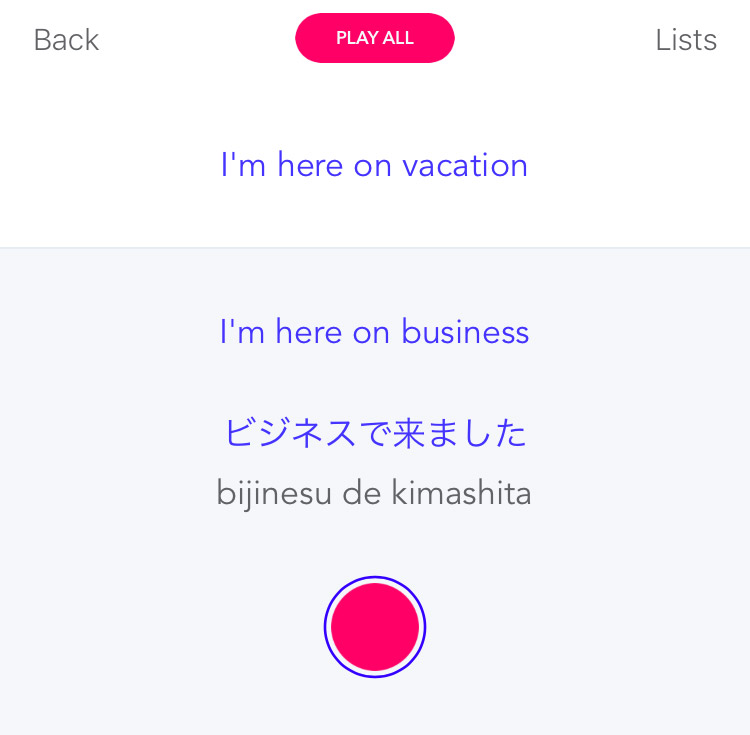
Taptaro is a new little app designed by Michele Angeloro to help new learners and first time travelers to Japan familiarize themselves with the words and phrases they need to get around. It’s clean, simple, straightforward, and best of all, free!
The app is broken up into sections like "Language Essentials," "Time and Weather," "Customs and Immigration," and "Emergency." There are single vocabulary words as well as phrases to choose from within each of these categories. Each word or phrase includes the Japanese spelling as well as the romaji and audio from a native speaker. The audio can be played at normal speed (tap) or slow speed (hold down). You also have the option to record your own voice repeating the word, so that you can hear how you actually sound compared to the provided recording.
We’ve read a ton of phrasebooks here at Tofugu, but this one already feels like the most convenient. It’s so simple and easy to use – anyone worried about going to Japan and using Japanese should download this app. Whether you want to use it on the plane ride over to brush up, or to help remember how to order at a restaurant, this app can be a huge time (and embarrassment) saver.
Mondly VR Languages
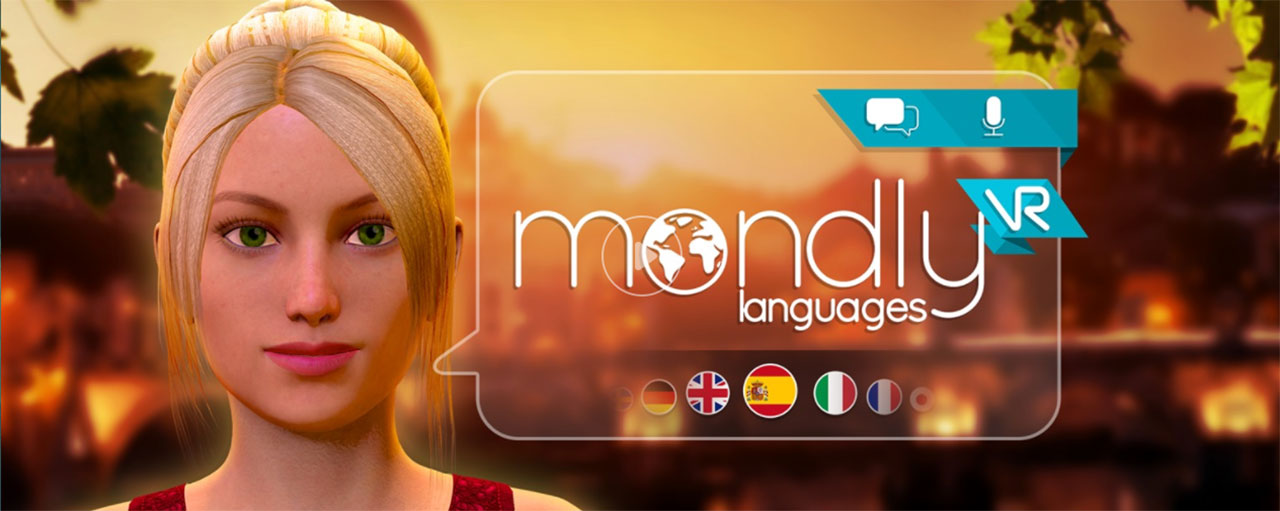
We knew it would happen eventually, but not this soon. There is finally a VR game that will teach you how to speak Japanese! Well, sort of. It’s called Mondly VR Languages by the company Mondly. If you haven’t heard of them, they are similar to Duolingo or Memrise: basically a website that aims to teach you any language you want to learn. For those of you lucky enough to have a Gear VR and the appropriate device (Samsung Galaxy S5 + above), you can download Mondly’s new VR app for free. There are only three "lessons" or "scenes" available at the moment and only one is accessible without an account, but there are tons of languages to choose from (28!), including Japanese. The lessons consist of:
- Hello: Say hi, answer questions about your favorite, color, sport, and type of music.
- Restaurant: Order food and drinks.
- Hotel: Talk to a receptionist and pick from different room options.
Nothing is better for your spoken Japanese than actually speaking it.
I played around with a few languages (Japanese, French, Italian, and Russian) and had quite a bit of fun with it. You are required to speak out loud, but you can always listen to what you’re supposed to say first. There are also English translations for everything, if you aren’t sure, and it takes away the fear of saying something stupid in front of a real live person. It is a single-player experience though, so don't expect to turn it on and have an actual person on the other end of the goggles.
While there isn’t much content yet, if you are someone who has access to a Gear VR, it’s definitely worth trying out, or at least keeping an eye on. Nothing is better for your spoken Japanese than actually speaking. And who knows how big this virtual Japanese learning space is going to get!
yojijukugo
Yojijukugo, or "four-character idiomatic compounds," may not be something you run into everyday, but they are interesting and fun to learn. They’re things like:
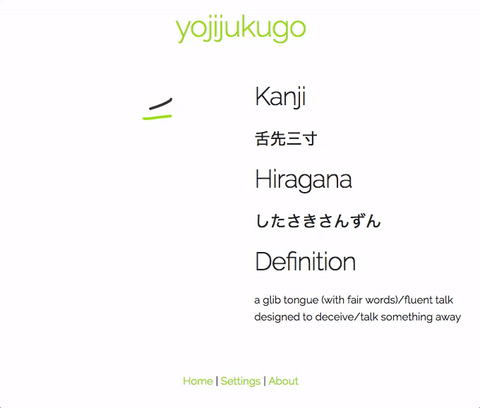
- 馬鹿慇懃
- overdone politeness/polite to a fault/feigned politeness
- 認識不足
- lack of (adequate) knowledge or understanding/being ignorant of/being ill-informed about
This site, called simply "yojijukugo," offers a platform to learn these types of four kanji phrases. You leave it on and watch the screen change idioms. It provides the four kanji characters, hiragana, an english definition, and the stroke order as the written kanji slowly scrawl down your screen. It’s clean and minimal with only three options to choose from: Stroke Order Numbers (On/Off), Background Grid (for kanji alignment) (On/Off), and Stroke Speed (Normal/Slow).
It may not be specifically designed to teach you Japanese, but if will get you more familiar with yojijukugo and reinforce your jukugo (words with more than one kanji that use the on'yomi readings) reading knowledge. Watching the strokes and learning new phrases this way is also surprisingly relaxing.
Wait! Don’t go! Have you found any fantastic new Japanese learning tools you want to tell us about? If so, please share them with us on Twitter (@tofugu) or shoot an email over to hello@tofugu.com. We’ll try them out and give you an Internet hug. And maybe we’ll decide to feature it in our next post. Anyway, until next month. さよなら〜
